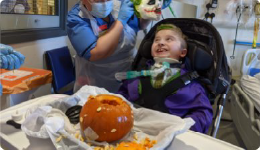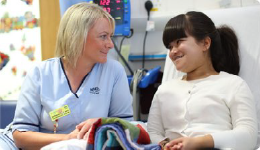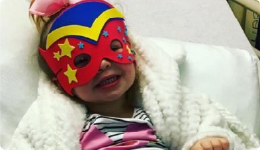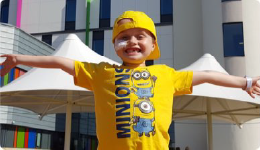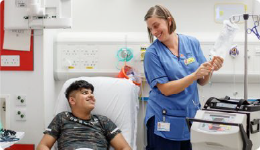How do I contact a Physiotherapist?
If you need the assistance of an interpreter to make a telephone call to an NHSGGC service please visit Direct Patient Access to Interpreting Services for more information.
Children's Physiotherapy Advice Lines
The Children's Physiotherapy Service have advice lines where parents/carers, health visitors, education staff, social care staff or other health professionals can seek advice and support for children and young people who have difficulty with movement or delayed motor development. This can affect physical development, activity in play, learning and socialisation.
Areas that we can help with include:
- A child not achieving their motor milestones, eg rolling, sitting up, standing, walking
- A child who has walking or balance difficulties
- Some areas outside of Glasgow City may also offer advice regarding children's injuries, joints and muscle problems.
A Children's Physiotherapist is available to answer your questions at a dedicated time for your area. Please see below for the phone number, times and further information on the service available in your area.
Inverclyde Advice Line
If you are a parent or carer and have queries or concerns regarding your child or young person's movement, please call the Physiotherapy advice line.
- This service will be able to offer professional advice and support around:
- Joint and muscle pains or injuries (under 14yrs)
- Walking difficulties
- Balance problems
- Delayed development in reaching their motor milestones, for example: rolling over, sitting up, or walking.
Opening Hours
Monday 10am-12pm
Telephone Number - 01475 505198
North Glasgow and East Dunbartonshire Advice Line
If you are a parent or carer and have queries or concerns regarding your child or young person's movement, please call the Physiotherapy advice line.
- This service will be able to offer professional advice and support around:
- Walking difficulties
- Balance problems
- Delayed development in reaching their motor milestones, for example: rolling over, sitting up, or walking.
Opening Hours
Glasgow City North Wednesday 1-3pm
Telephone Number - 0141 201 5715
North areas included postcodes: G1-G4, G11-G15, G20-G23, G31-G34, G40, G60-G69, G71
Renfrewshire Advice Line
If you are a parent or carer and have queries or concerns regarding your child or young person's movement, please call the Physiotherapy advice line.
- This service will be able to offer professional advice and support around:
- Joint and muscle pains or injuries (under 14yrs)
- Walking difficulties
- Balance problems
- Delayed development in reaching their motor milestones, for example: rolling over, sitting up, or walking.
Opening Hours
Tuesday 11am-1pm
Telephone Number - 0141 314 4624
South Glasgow / East Renfrewshire Advice Line
If you are a parent or carer and have queries or concerns regarding your child or young person's movement, please call the Physiotherapy advice line.
- This service will be able to offer professional advice and support around:
- Walking difficulties
- Balance problems
- Delayed development in reaching their motor milestones, for example: rolling over, sitting up, or walking.
Opening Hours
Glasgow City South Thursday 12-2pm
Telephone Number - 0141 201 5212
South area includes postcodes: G5, G41-G46, G51-G53, G76-78
West Dunbartonshire Advice Line
If you are a parent or carer and have queries or concerns regarding your child or young person's movement, please call the Physiotherapy advice line.
- This service will be able to offer professional advice and support around:
- Joint and muscle pains or injuries (under 14yrs)
- Walking difficulties
- Balance problems
- Delayed development in reaching their motor milestones, for example: rolling over, sitting up, or walking.
Opening Hours
Thursday 2pm-4pm
Telephone Number - 01389 817 246
Physiotherapy Teams
If your child or young person is known to Physiotherapy in Specialist Children's Services you can find the contact details below.
Royal Hospital for Children Glasgow
If your child or young person is known to Physiotherapy at RHC contact them using the Physiotherapy Service details.
Specialist Community Paediatric Service
If your child or young person is known to Physiotherapy contact them using your local Child Centres details.
Child and Adolescent Mental Health Service (CAMHS)
If your child or young person is known to CAMHS Physiotherapy contact them using the Contact Specialist Mental Health Services details.

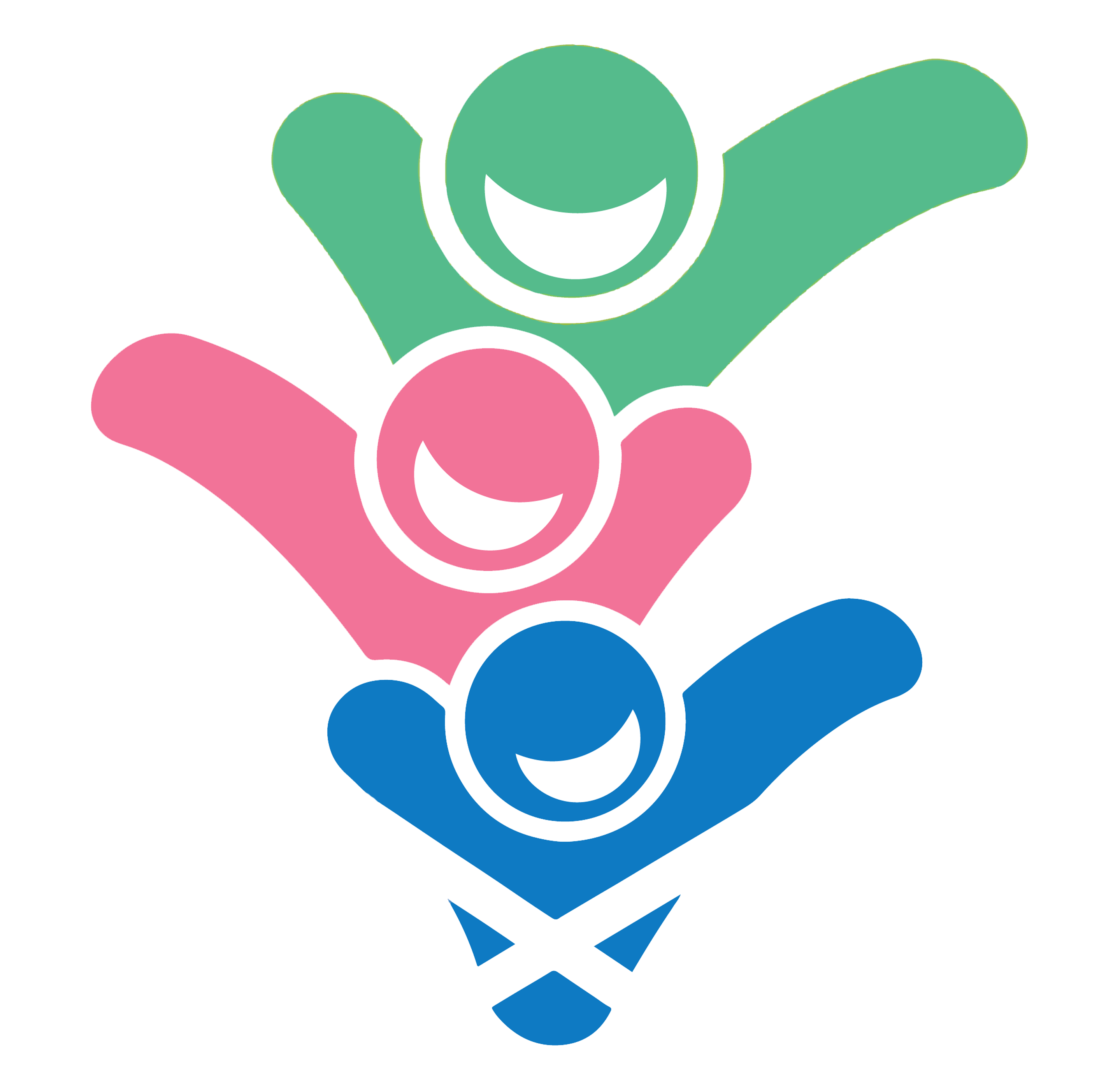
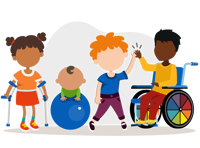
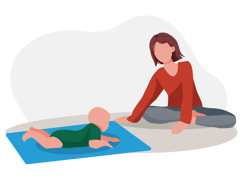
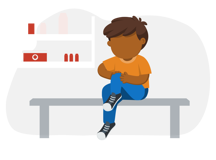
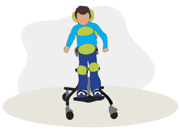 Neurological Conditions
Neurological Conditions 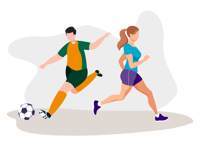
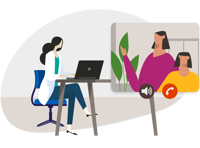 Digital Service Provision
Digital Service Provision 


